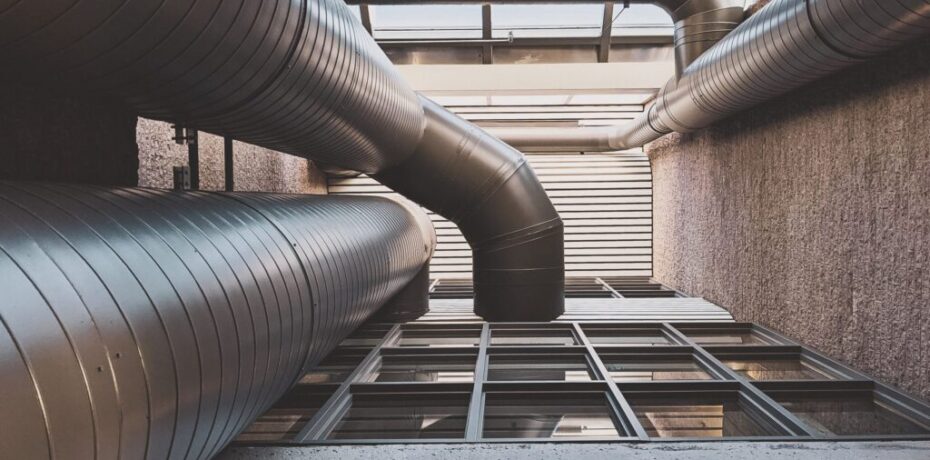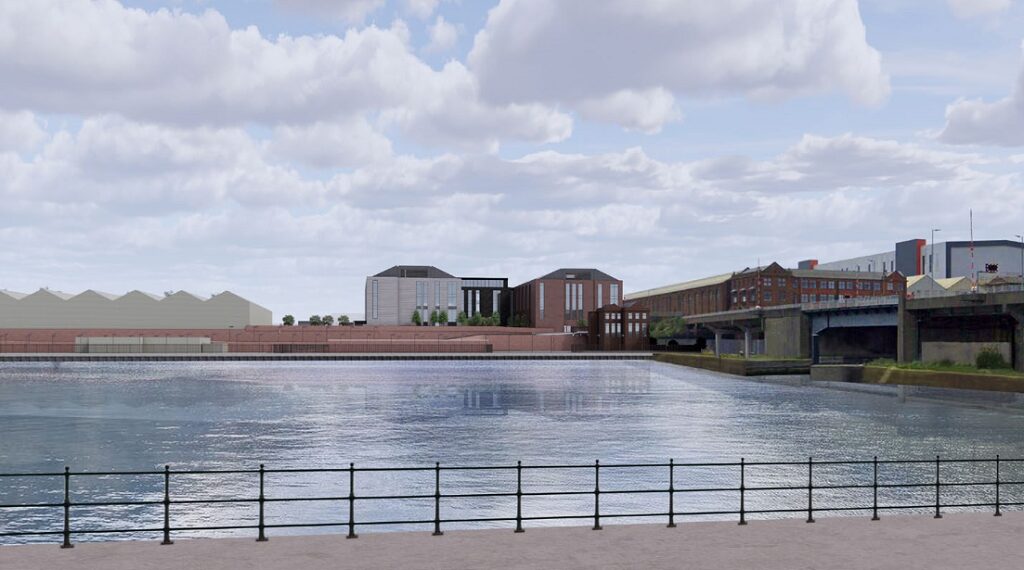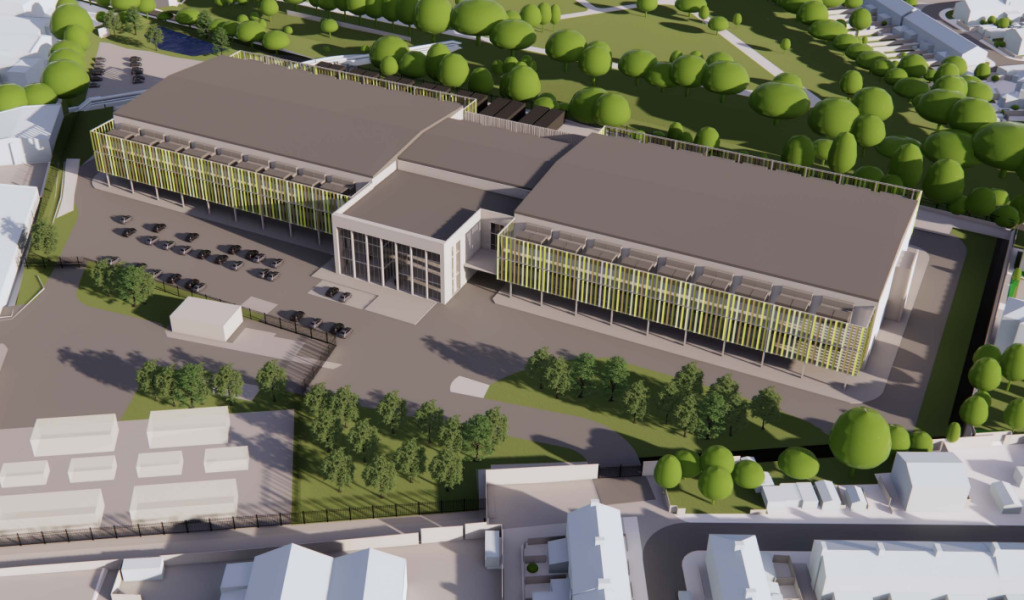Hardware investment is vital for decarbonising real estate
In an industry as physical as real estate, venture capital investors shouldn’t overlook the vital role of hardware in getting to net zero, write Conan Lauterpacht and Reid Carroll of Sustainable Future Ventures.
Venture capital has long favoured software. In 2021, VCs invested $290bn worldwide into software companies, according to data from Pitchbook. Hardware, meanwhile, attracted just $13bn.
There are, of course, many reasons for that. Hardware startups are more expensive to get off the ground, typically requiring millions of dollars to get a prototype produced before product market fit is validated. Software companies also scale much more easily than hardware companies since they don’t require manufacturing or supply chains.
Adding to the complexity, hardware companies come with working capital costs from inventory and work-in-process materials, which often have to be funded with expensive venture dollars during the early stages of the business. On top of all that, software models usually have higher margins and lend themselves more easily to recurring revenues, which means that investors can expect a higher multiple at exit.
SFV’s portfolio already includes a number of software companies for exactly these reasons. So why are we advocating for more attention to be paid to hardware?
Funding the missing piece
While venture investors may want everything to be solvable with software, real estate is an industry that is fundamentally physical in nature – and therein lies the tension for investors.
While there is a great deal left to achieve by deploying IoT sensors, leveraging AI driven insights and digitising workflows, there is a limit to what we can achieve with just software. Software won’t fix poorly insulated walls, nor can it eliminate the embodied carbon of a new structure.
Real estate currently accounts for approximately 40% of global greenhouse gas emissions. Making meaningful and substantial reductions to this figure (in the short window of time we have left) will require dramatic changes to the way buildings are constructed and operated.
Software won’t fix poorly insulated walls, nor can it eliminate the embodied carbon of a new structure.
Ultimately there is no path to achieving the sustainability leap that the real estate industry needs without physical changes to everything from heating & cooling systems to building envelopes to construction materials.
Progress in these areas has been limited to date, in large part because it is fundamentally difficult to decarbonise concrete or retrofit HVAC systems in an economical fashion (the £35bn estimate for decarbonising public buildings in the UK has been described as “the tip of the iceberg”). But this challenge, with its huge scope and daunting obstacles, is the perfect problem for venture capital to take on.
When identifying the most meaningful opportunities for innovation in decarbonising buildings, let’s not forget about hardware. That’s where the real step change will be.
Case study: Gradient
Sustainable Future Ventures recently announced an investment in Gradient’s $18m Series A.
What does it do? Gradient’s window heat pumps allow users to access the efficient heating and cooling of a heat pump in a beautiful, affordable, and easy-to-install product.
How does it work? By designing a self-installable heat pump, Gradient has eliminated the most expensive part of installing a heat pump – the labour. This also mitigates skilled labour shortages, disruption to tenants and the need for electrical upgrades.
Why did we invest? There are 25 million multifamily and hotel units in the United States, and there are no good retrofit options available to them. Meanwhile, market signals like this $24m contract awarded to Gradient suggest that the multifamily market is ready to adopt fit-for-purpose heat pumps.
Hardware will shape the future
Let’s be clear. Hardware is hard to get right. Long R&D cycles, high capital requirements, large teams and dependence on supply chains require patience and a healthy appetite for risk.
But because nailing all of this is hard, companies who do pull it off can find themselves in the enviable position of owning a market with less risk of commoditisation. Fewer competitors will have taken the same risks and overcome the same hurdles.
Under growing regulatory pressure, real estate is calling out for innovations that will make targeting net zero a realistic, financially viable ambition. Hardware that offers a green, yet affordable, alternative to the carbon-intensive building blocks of the physical world will inevitably fill that gap.
Ultimately, we expect the most impactful companies – for investor returns, the built environment and the planet – to be those that successfully combine the differentiation of physical hardware with elements of software scalability.
Conan Lauterpacht is the founding partner and Reid Carroll is an investor at Sustainable Future Ventures.




